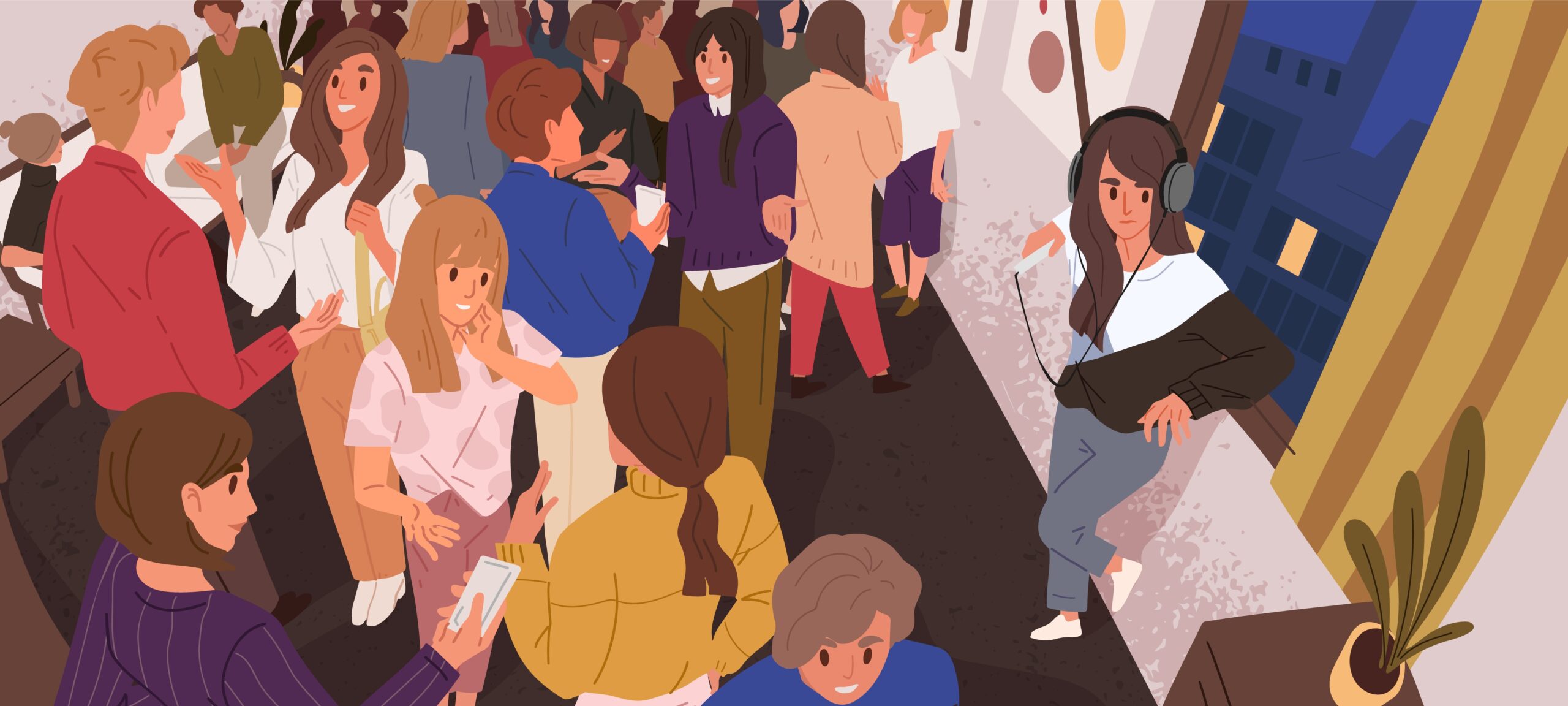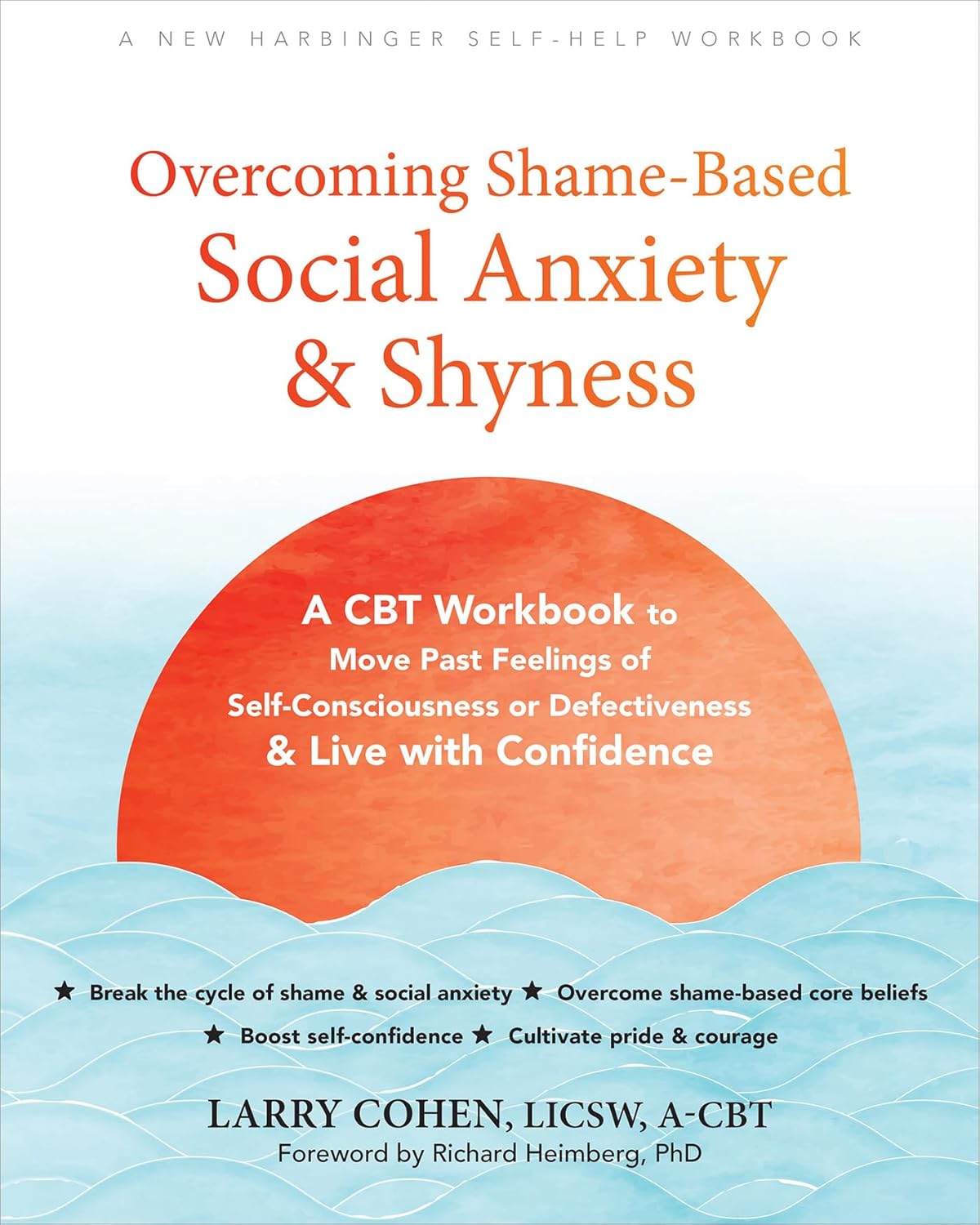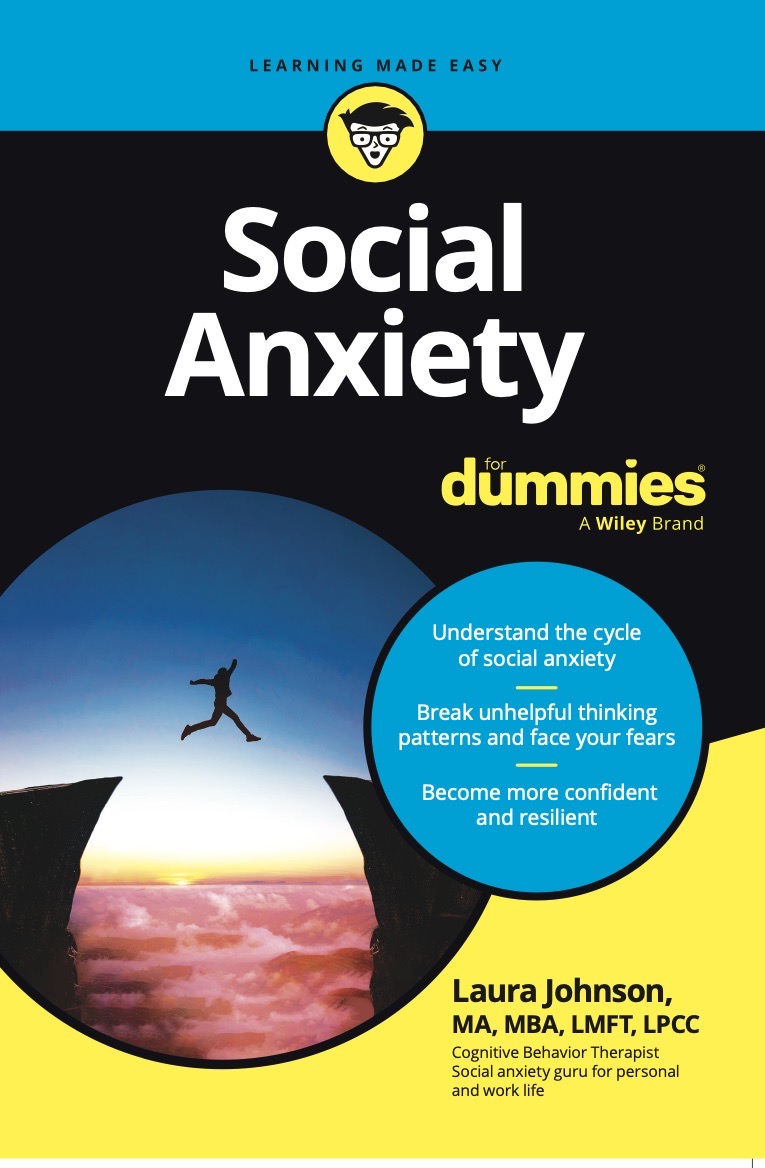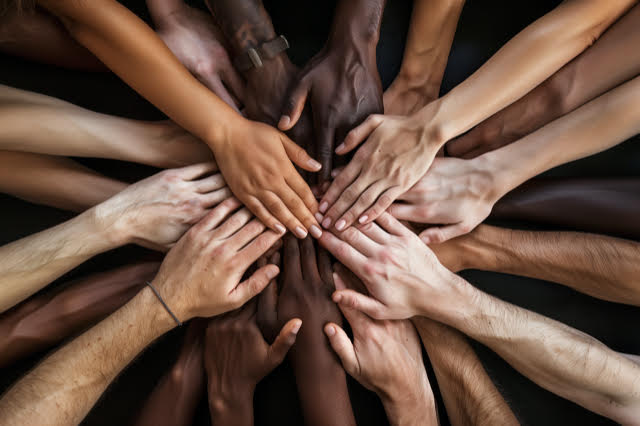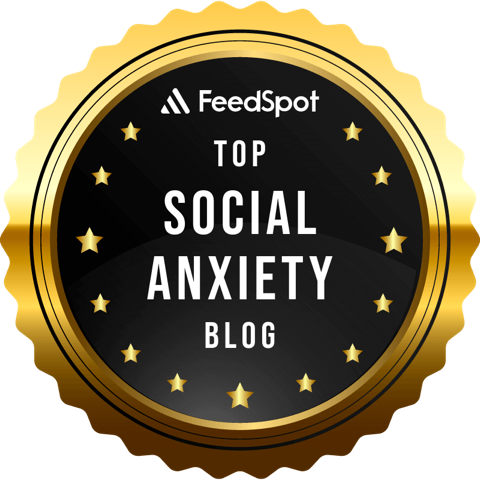Consider this situation. You are seeking a therapist to help manage your symptoms of social anxiety. You may describe a typical day as follows: You wake up, roll out of bed, and log on to the computer for work. As the day progresses, you receive a phone call or two from a coworker and boss to check in about progress on a project. These calls pose a challenge to moving forward with your day though, since a sense of fear is present that almost prevents you from answering the phone in the first place. After several hours, you take a break and eat lunch while reflecting on the events from earlier in the day. Upon returning to work for a few more hours, you continually ensure that no reasons for further calls arise. At the end of the workday, you power down the computer and move to the next room for a TV show to further disconnect.
These days, the routine in this situation has become commonplace over the past two years. Employers and employees alike are reaping the benefits of working remotely by avoiding traffic, cutting travel costs, and regulating access to one another through virtual contact. You, however, believe that the decision for remote work was good because you hoped you could more easily manage the challenges of anxiety related to engaging your coworkers at the office.
Another factor to consider with this situation is that the shift in work environment may not provide much relief due to a possible increase in work communication. There may still be challenges interacting with coworkers and other individuals connected to work. You might be left feeling uncertain about how else to manage the dilemma since the transition to remote work seemed ideal. This situation creates an intriguing scenario: The methods by which many individuals are attempting to adapt are not necessarily avoidant nor maladaptive, yet the societal shifts to work and connection are significant when considering how to proceed with therapy and manage social anxiety.

Social Anxiety and Cultural Context
Cultural and social paradigms play an integral role in understanding mental health. On a global scale, the fields of psychology and counseling are inextricably linked to paradigms. From local community traditions to national ideals, culture informs mental health theories and awareness. At a diagnostic level, the adjustments and symptom management by an individual are assessed within their cultural context to determine appropriateness and fit. Considering these layers uncovers a complexity that can easily be overlooked.
For example, the aforementioned situation involves the appropriate adjustment to a more remote job given a shift in health safety and employer mandates. Additionally, the larger culture is adopting an increasing distance within communities in daily life. In part, this shift is influenced by the continued growth of technology and online accessibility. Another layer must be factored into the equation too: beliefs. The dominant belief in the United States persists as individualism and independence, which can lead to further acceptance of living and working remotely.
Inherently, these paradigms and beliefs carry no specific characteristic of being good or bad. However, the value placed upon what one does with their life and how milestone moments are achieved rests heavily on being a self-determined individual. Thinking about and understanding social anxiety can become difficult from these perspectives since some tactics used to manage social anxiety can be seen as socially adaptive and even praised in these contexts. Similarly, finding success or fulfillment in life does not always require frequent engagement with others, although an important aspect of personal development involves a degree of active engagement and communication with others. An individual could be satisfied with their independent lifestyle and make choices that logically create more isolation and avoidance of social situations as a result.

Therapy and Sociocultural Influences
So how does this cultural awareness become useful when pursuing treatment for social anxiety? For one, the awareness must extend into regular conversations with your therapist about major influences in your life. Recognition of sociocultural influences may not become apparent at first. One person could value the relationships they have with friends and family, yet actively minimize opportunities for strangers to impact their life. On the other hand, individuals experiencing social anxiety may adopt a “join them if you cannot beat them” mentality, which further cements the need to endure distress. In either case, considering the meaning and value you place on social interactions becomes paramount to creating change in your life. This meaning and value stem partly from social mores.
Ultimately, when seeking therapeutic services to manage distress, we must account for our biases through curious learning. Despite our best efforts to manage the perspectives that inform our work and lives, our culture and society shift continually and require flexibility. Western, developed culture is increasingly becoming built on unabated connectedness and ease of access. Outside access to one’s life remains high unless no digital footprint exists as well. Passive observation and evaluation of another person’s life can occur at the swipe of a finger. Let us not forget to seek what influences us on a larger scale and work to integrate our observations into how we understand ourselves. Our culture is not always set up for people who want or need to disconnect, be apart, and take a break from others. However, we can create space to find where those experiencing social anxiety have a place.
Written by,
Michael Ortenzo, MFT
National Social Anxiety Center of Pittsburgh

